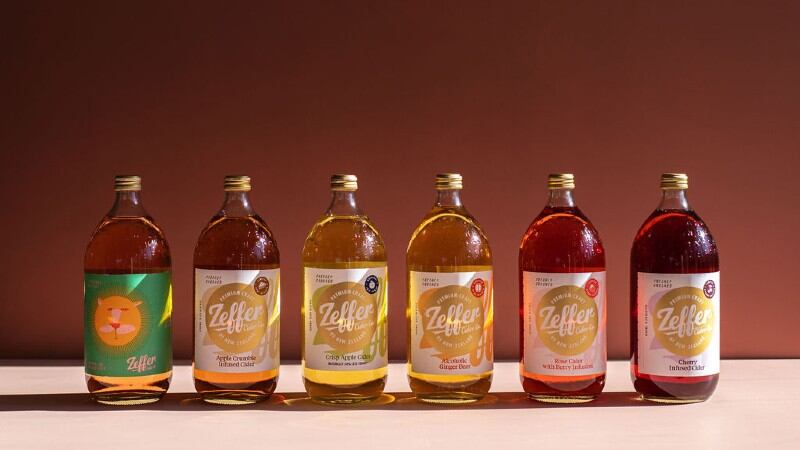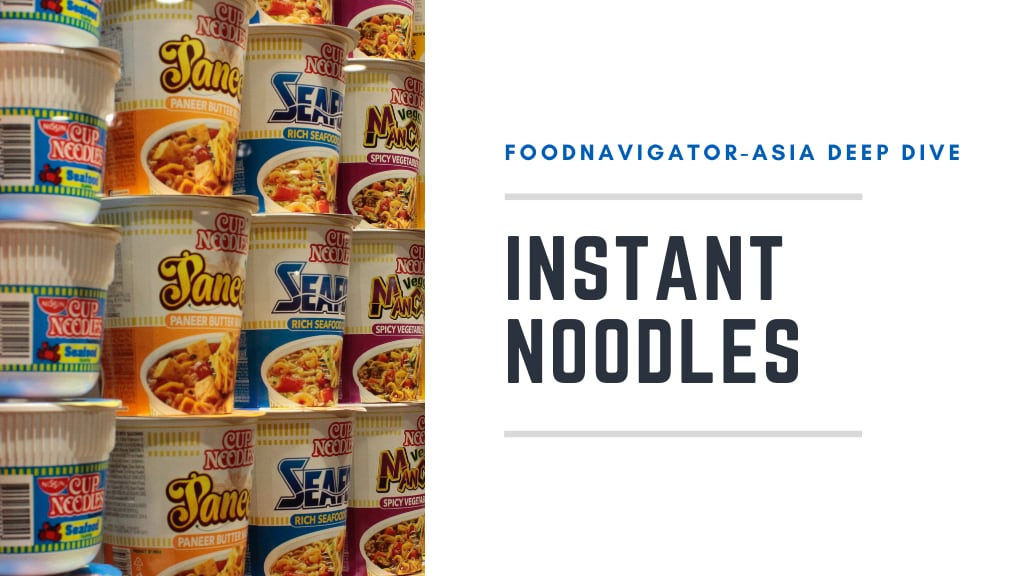Palm oil supply pain: Fears Indonesian output may not meet global demand as economies recover
Indonesia’s representative palm oil body GAPKI is concerned that it may not be able to produce enough of the commodity this year, given that added demand is expected as economies recover from the COVID-19 pandemic.
Indonesia has traditionally been the world’s largest palm oil producing country, producing some 50 million MT yearly which is over half the global supply. Yearly production tends to peak in the third quarter of the year, but so far in 2021 this peak has failed to materialise, which experts believe is cause for concern.
“Indonesia usually has its peak production periods during July to September, but this has not happened this year – we’re still holding out hope that this will happen in October, but if it does not, then we are going to have a definite production drop,” Indonesian Palm Oil Association or Gabungan Pengusaha Kelapa Sawit Indonesia (GAPKI) Vice Chairman Togar Sitanggang said.
‘Shackles off’: Japan lays out plant-based labelling rules for meat, dairy, egg and seafood alternatives
Japan has laid out regulations for the labelling of plant-based products, with observers suggesting they are industry-friendly and should not pose problems for brands.
The plant-based industry in Japan has been seeing quite some growth in recent years, with most progress being seen in restaurants experimenting with new menus, bigger conventional meat product manufacturers such as Nippon Ham and Ito Ham launching plant-based alternatives, as well as a few dedicated firms such as NEXT Meats having come into the picture.
However, the government appears unsatisfied with the industry’s rate of progress so far, and has thus implemented new labelling rules to govern the plant-based sector in hopes that this will propel its growth.
“The fact that Japan has until now not discussed the food labelling [of plant-based foods] has been a shackle for corporate business development,” Kono Taro, Public Relations Chief of Japan’s ruling faction the Liberal Democratic Party announced.
From Coca-Cola to coffee: How food and beverage brands are using Bilibili to attract Gen Z consumers
Food and beverage brands are increasingly turning to Chinese video platform Bilibili to develop videos better catered to the country’s Gen Z audience, with many securing millions of views.
According to a report published by market research firm Nielsen and Shanghai-based online entertainment company Bilibili, Gen Z consumers in China are mostly relying on video to make food and beverage purchasing decisions. This opens up a new era of video marketing for brands, beyond traditional media advertisements.
Any individual can create videos on Bilibili, and they are referred to as Up主 or uploaders. Many of these uploaders have innovative ways of telling stories.
Brands can choose to work with these uploaders, to help consumers better understand brand propositions, and help increase recognition and acceptance. One example is Coca-Cola’s Fanta brand.
Edible ‘dairy’: Yili ramps up focus on cheese and plant-based products in response to growing consumer demand
China dairy giant Yili has revealed that it is ramping up its focus on cheese and plant-based products in addition to its conventional dairy items in response to growing consumer demand.
Yili has grown to become a major dairy market leader in China based on its traditional products such as liquid milk and milk powders, but given the rising interest of Chinese consumers in a wider range of dairy products and also dairy alternatives, the firm is now looking to expand its focus in other areas such as ‘edible’ dairy and plant-based innovations.
“The nutritional value of cheese has gradually been recognized by Chinese consumers. They are experiencing a transition from ‘drinking milk’ to ‘eating milk’,” Yili Assistant Vice President Yun Zhanyou told FoodNavigator-Asia.
Don’t kick the can: Why Ayam Brand believes ambient products are the next big thing in plant-based meat
Canned food specialist Ayam Brand believes that plant-based meats in canned, ambient format are could be the next big thing to meet consumer demands for greater convenience and affordability.
Ayam Brand is a household brand in Asia, best known for its canned fish products from sardines to tuna. That said, according to the firm’s Managing Director in Singapore Roy Teo, internal consumer research undertaken by the firm found a growing demand for options that would fit into a flexitarian diet and offer more sustainable options, leading the firm to create a plant-based meat range.
“The company is over a hundred years old, and though we are best known for our canned fish products, we in fact do also have expertise in a variety of plant-based albeit more traditional items such as baked beans and other canned vegetables,” Teo told FoodNavigator-Asia.





